In-Office and Remote Therapy for Depression
Feelings of despair and helplessness characterize the battle with depression – and it's a fight you don't have to face alone. I offer both in-person and virtual counseling sessions to those challenged by depression.
Depression can have debilitating effects on everyday life. Speaking with a professional therapist in a comfortable setting is crucial to regaining control of your emotions – and finding the light at the end of the tunnel.
Our Process to Help You Cope with Depression
What happens in therapy for depression?
Depression can bring on many different feelings – and changing the relationship with this a state of depression is different for each client. Our approach to counseling for depression looks like this:
- We'll take a 15-20-minute phone call before the appointment to discuss what's going on and how you feel.
- We'll find out how depression is showing up in your life.
- We will work together and create a treatment plan for your battle with depression.
- In our sessions, we will focus on connecting internally, uncovering, and building language around bottled-up emotions, create awareness of possible sources of depression and identify the common triggers in your life.
- We'll work together to learn helpful strategies to face your feelings of depression and constructively cope with them.
- Over time clients can develop more persuasive skills to alleviate their feelings of depression and better relate to themselves – and the world around them.
People challenged with depression cannot simply "snap out of it" or "lighten up." Therapy is a helpful and effective way to pinpoint the root causes of depression and find the proper tools to change your inner world's outlook.
What Does Depression Feel Like?
Depression is one of the most prevalent – and misunderstood – mental challenges affecting nearly 17 million Americans.
Everyone feels sad or down from time to time, but depression symptoms go far beyond the normal "blues." Depression is a perpetual greyness or feeling of blah, in which it feels like there's simply no pleasure in life – and no way out.
Symptoms of Depression
Symptoms of depression can take many different forms. The severity of these symptoms is the best indicator of whether or not you should seek depression counseling. These symptoms include (but are not limited to):
Causes of Depression
No one knows exactly what causes depression, but several common threads are linked to its development in the inner world. These include (but are not limited to):
Life Events
Depression can be brought on by events like prolonged unemployment, abusive relationships, continuous work-related stress, and long-term loneliness.
Personal
Symptoms of depression commonly stem from issues in our internal world. These can be related to anxiety, perfectionism, low self-esteem, extreme sensitivity to criticism, etc.
Family History
Depression often runs in the family. While symptoms may be genetic, life circumstances and other personal issues still significantly influence the battle with depression.
Drug and Alcohol Use
Drug and alcohol use can be both a cause and a result of depression. Many who use drugs and alcohol on a prolonged basis experience symptoms of depression.
Changes in Brain Chemistry
Depression can sometimes be linked to a chemical imbalance in the brain. Factors like life stressors, genetic vulnerability, substance abuse, medical conditions, etc. can alter your brain's mood regulation methodology.
Should I Go to Therapy for Depression?
Merely seeking out therapy for depression can be one of the toughest parts of the battle. Facing your symptoms, causes, and triggers head-on with a professional's help is a constructive and helpful way to manage your condition.
If you are considering depression counseling, ask yourself these questions:
If you answered yes to any of these questions – and your symptoms have felt constant for more than two weeks, it's time to look into counseling for depression.
What Happens if Depression Goes Untreated?
Many people avoid therapy for depression because they don't want to be seen as "weak" or "vulnerable." Failing to seek treatment and "bottling up" or suppressing emotions almost always leads to costly repercussions.
Untreated depression can result in challenging consequences, including (but not limited to):
People dealing with ongoing symptoms of depression can take intentional steps to change how they feel permanently. The steps to change depression take time and intentionality, but some professional therapists are skilled in helping others improve their internal landscapes.
Treatment Programs for Depression
Our number one goal in depression counseling is to find the best ways to curb your symptoms and regain control of your internal world. Based on the need and circumstances, several treatment options are available to create a healthier emotional balance.
These include (but are not limited to):

Counseling
(Psychotherapy or Talk Therapy)
Counseling refers to the intentional process of helping people change the unhealthy patterns of their internal world - and become better equipped in their battle with depression. I help clients create a roadmap to improve their relationship with depression. We'll work to:
- Pinpoint the underlying causes of depression
- Manage and become aware of the symptoms or roots of intense feelings
- Understand unhealthy patterns in your internal world
- Find some beneficial behaviors or actions to put you back in control
As a depression counselor, my core mission is to provide clients with an environment where they feel comfortable and safe enough to share their pain and internal challenges with me. Counseling sessions last about 50 minutes but may run for 75 or 90 minutes.

Group Therapy
Social connections play a pivotal role in combatting depression – and other mental health challenges. In group therapy, our goal is to:
- Understand how others influence the battle with depression
- Sharpen relational coping skills
- Develop a perspective of depression and how it impacts each other
As a skilled group facilitator, my sessions are built on an atmosphere of honesty, connection, inclusivity, and engagement. Group therapy sessions last 90 minutes.

Family Therapy
Family therapy for depression is primarily meant for adolescent clients and their families when symptoms have a crippling effect. Our goal in family therapy is to:
- Identify familial issues contributing to depression
- Improve communication skills
- Develop group-based problem-solving skills
- Ease the symptoms of depression as a unit
Family therapy is about openness, empathy, and understanding – not accusations and judgment. These sessions last about 50 minutes but may run for 90 minutes.

Medication
Medication may be a necessary supplement to depression counseling. No matter the circumstances, my clients are always in control of what goes into their bodies. In the scenario, they want to try medication to ease feelings of depression; we will have a thorough discussion about possible outcomes.
If a client chooses to pursue this treatment, I will refer them to expert specialists in mental and physical health.
Resources Available for Depression
To learn more about depression – and the symptoms you may be dealing with – there are many online resources available. Some of the best ones include:
Frequently Asked Questions
Getting in touch with a professional psychotherapist is a helpful and effective way to understand how depression influences you personally. They will help you understand your depression's underlying causes of your depression, how you react to triggers, and then develop a treatment plan to take back control of your life.
Many, many factors can contribute to depression. The most common include life events, personal struggles with mental health, family history, drug & alcohol use, and brain chemistry changes, among others.
Symptoms of depression can range significantly. Common symptoms include extreme anxiety, social isolation, feelings of hopelessness, fatigue, irritability, restlessness, low self-esteem, and more.
People challenged by depression have many treatment options, including (but not limited to), psychotherapy, group therapy, family therapy, meditation, support groups, yoga, and medication.
Every client is different in their battle with depression. Based on the circumstances, feelings of depression can be lessened in a few weeks to a few months – with professional help. Some clients living with extreme depression cases can expect a longer timeline to re-adapt emotional or behavioral patterns to ease their symptoms.
Let’s Get in Touch
Managing the challenges of depression is not a task you have to face on your own. Depression counseling and self-care can (and will) have positive effects in the long run. People who invest in their mental health and work on creating internal balance can change their lives over time.
My professional treatment for depression services provides clients with guidance and determination to win their internal battle – and retake control of their lives.
Reach out today for individual or group therapy sessions by filling out the form below.
Counseling for depression can be done in-person at my office in Brentwood, TN, over the phone, or via Zoom.
Contact David
If you or someone you know have questions about mental health therapy opportunities with David please fill out the information below.
